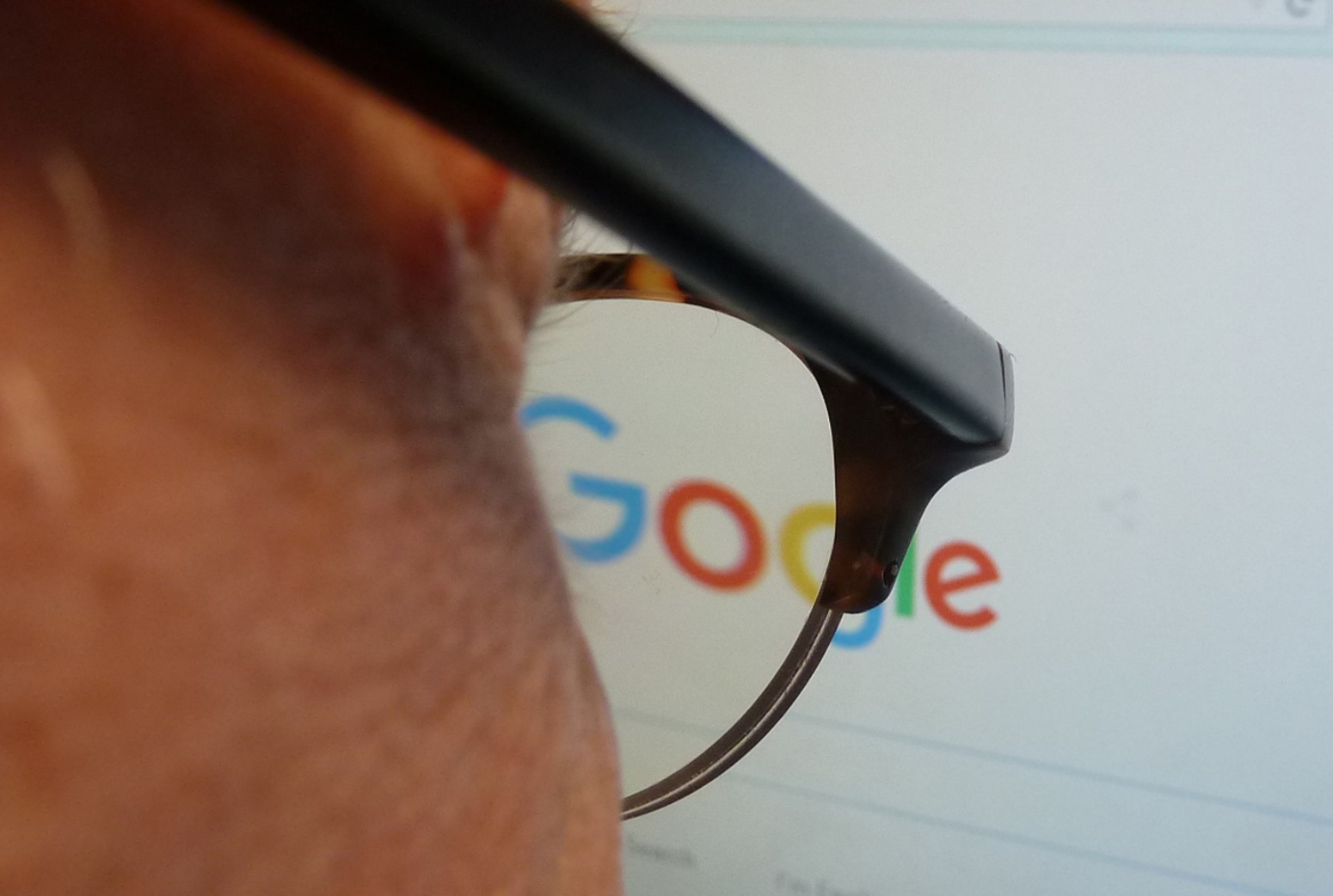Consciousness
The Google Effect: Have We Stopped Learning?

Born before the smartphone era? You used to know your family’s mobile numbers off the top of your head. You would have spent hours at the library and you would end up buying a map every time you went on vacation. That doesn’t happen anymore. In this day and age, we have something we always wanted, information, available 24 hours a day, at our fingertips. However, could it be harming us? Did we stop learning in favour of a Google search?
In 2011, a Harvard study showed that people were less likely to remember information if they knew that it could be easily retrieved. The phenomenon has been named “The Google Effect”. The same study would also find that when faced with a question regarding general knowledge, our first instinct is to think of the internet and computers, than to try and look up in our memory for the answer. We are still able to learn, but we are changing the way we remember.
In what is also called Digital Amnesia, we no longer try to evoke data if we believe we can find it later on the internet. You know for a fact that you don’t have to remember someone’s birthday, Facebook will do that for you. You are at ease because you won’t forget that upcoming anniversary, and thanks to help of Google Maps, you don’t have to recall how to get somewhere.
In 2015, a study by Kaspersky Lab uncovered some astounding results. Over 71% of people don’t know their children’s phone number and 57% couldn’t remember their work number. Additionally, they realized that 49% haven’t memorized their partner’s phone. The concern is that we rely so much on our gadgets, that without them, we don’t remember as much. After all, they currently work as extensions of our brains.
But does it mean we lost the ability to learn?
The short answer would be no. We are adapting to a world of technology and our brain is invested in it. We are constantly bombarded with information, and we are able to get it (and process it) like we never could before. This also means that we are not able to store all that data in our minds and resort to other sources.
In the past, we used to do that with friends, family and colleagues, sharing information as a group and thus freeing space in our own mental database. So, much like we used to trust our partner to remind us of someone’s birthday, or call our mom just to ask her the ingredients to that cake you want to make. We now just check our phone.
(Image: Eva Hambach/AFP/Getty Images)
Typos, corrections and/or news tips? Email us at Contact@TheMindUnleashed.com
